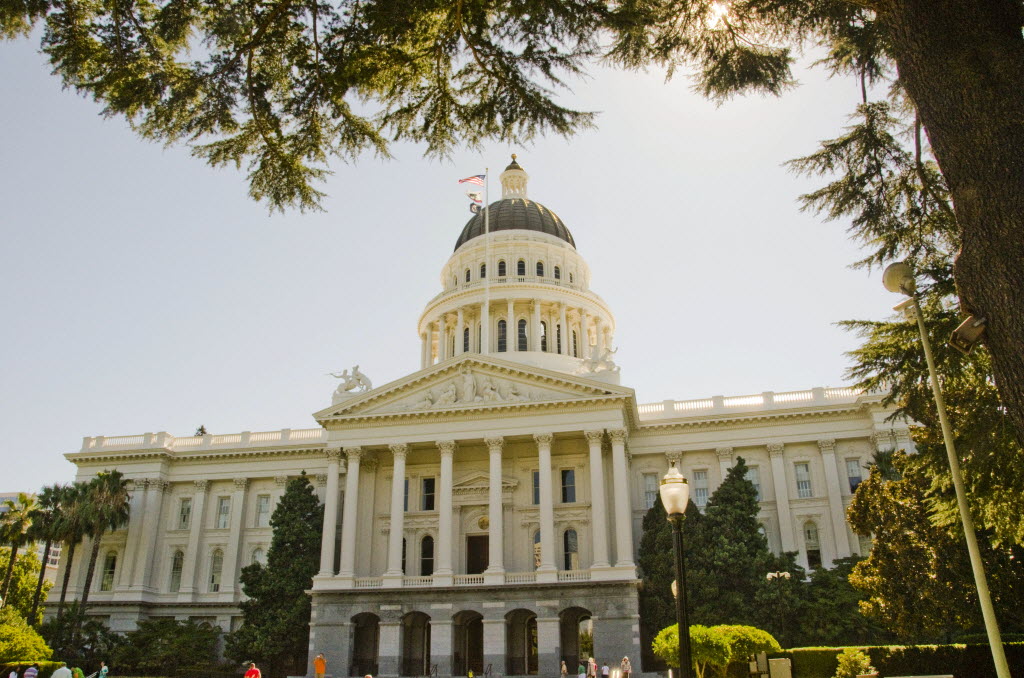
We know that the acronyms can be overwhelming — annoying, even.
But we like this new one: YIGBY, for Yes in God’s Backyard.
Playing, clearly, off the newish YIMBY, for Yes in My Backyard, created as a riposte to old NIMBY, or Not in My Backyard, the YIGBYs among us are celebrating the new law signed by Gov. Gavin Newsom this month that will allow religious institutions and nonprofit colleges in our state to turn parking lots and other parts of their properties into low-income housing.
Count us in as among those celebrating.
Low-income housing is necessary in general, but this law specifically aims to help find solutions to California’s homelessness crisis.
More than drug addiction, more than mental health crises, the high cost of housing all over our state is the prime mover behind California being home to almost a third of all the homeless people in the nation, despite having just about 12% of the overall population.
The law, as the Associated Press reports, rezones land owned by nonprofit colleges and churches, mosques, and synagogues to allow for affordable housing. Starting in 2024, they can bypass most local permitting and environmental review rules that can be costly and lengthy.
Just in case things go haywire, we suppose, the law is set to sunset in 2036 — so it could be considered an experiment, just in case there is some widespread citizen backlash to fewer destitute people no longer being forced to live in tents on urban sidewalks and underneath freeway overpasses.
Religious institutions that have tried to help create affordable housing have up until now often faced hurdles when their properties are located on lots not zoned for housing.
A UC Berkeley study from the Terner Center for Housing Innovation estimates California religious and higher education campuses have more than 170,000 acres of land that will be eligible for new housing under the bill.
Newsom also signed another good bill authored by Sen. Scott Wiener that will extend the life of a law streamlining rules about housing projects that has led to construction of thousands of homes aimed at easing the state’s housing crisis. It allows developers to bypass most local permitting for multifamily housing projects in cities falling short of the state housing goals. The law, an extension for 10 years, has already helped create more than 19,000 homes in the state. Also key to this one is its removal of a former requirement to hire “skilled and trained workers” for smaller projects, as backed by the big construction trades unions. Instead, it requires workers to be paid “prevailing wage.”
A third excellent housing bill signed by the governor is one authored by Assemblyman Phil Ting of San Francisco extending a law passed in 2019 designed that encourages construction of ADUs — granny flats — on existing residential properties. It removes the sunset provision from 2019’s AB 881, making permanent property owners’ ability to provide more places for Californians to live on residential lots in our suburban neighborhoods.
Coming full circle, that bill was sponsored by the organization California YIMBY, whose CEO Brian Hanlon says: “Even cities that have historically resisted more housing are embracing ADUs, which are a sort of ‘proof of concept:’ There is plenty of room in our cities for more homes, and once we build them, people love them.”
Step by step, California can grow itself out of the housing crisis
